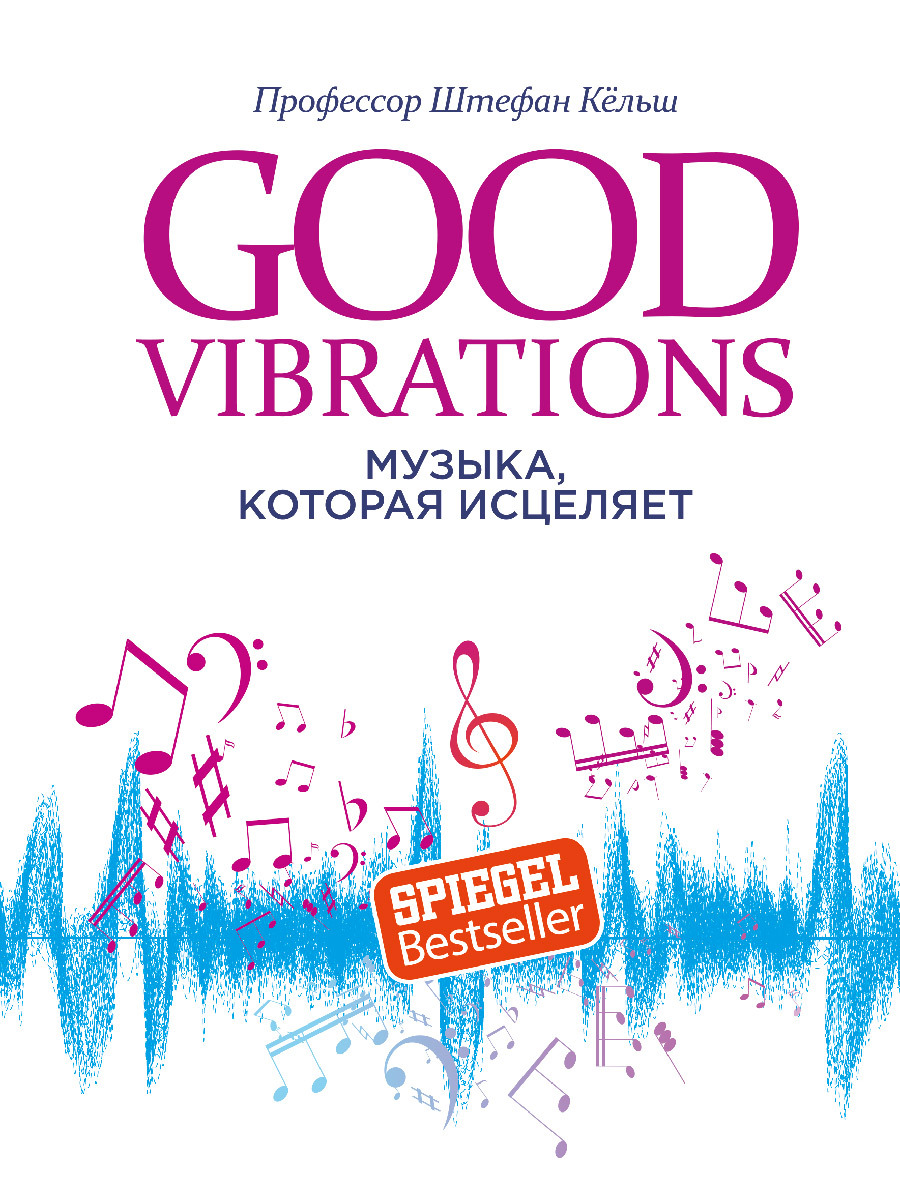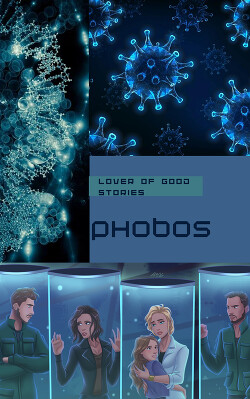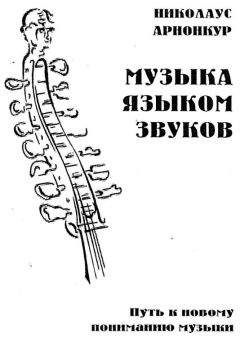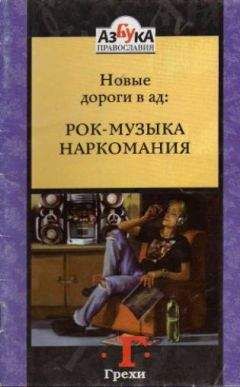Van Leemputte, F., Fischer, B., Bonini, B. M., Quezada, H., Tsytlonok, M., ... & Janssens, V. (2017): Fructose-1, 6-bis-phosphate couples glycolytic flux to activation of Ras,
Nature Communications, 8 (1), S. 922.
Kälin, S., Heppner, F. L., Bechmann, I., Prinz, M., Tschöp, M. H., & Yi, C. X. (2015): Hypothalamic innate immune reaction in obesity, Nature Reviews Endocrinology, 11 (6), S. 339.
Miller, A. A., & Spencer, S. J. (2014): Obesity and neuroinflammation: a pathway to cognitive impairment, Brain, Behavior, and Immunity, 42, S. 10–21.
Profenno, L. A., Porsteinsson, A. P., & Faraone, S. V. (2010): Meta-analysis of Alzheimer’s disease risk with obesity, diabetes, and related disorders, Biological Psychiatry, 67 (6), S. 505–512.
Hohmann, L., Bradt, J., Stegemann, T., & Koelsch, S. (2017): Effects of music therapy and music-based interventions in the treatment of substance use disorders: A systematic review, PLoS One, 12 (11), e0187363.
Burdakov, D., Luckman, S. M., & Verkhratsky, A. (2005): Glucose-sensing neurons of the hypothalamus, Philosophical Transactions of the Royal Society of London B: Biological Sciences, 360 (1464), S. 2227–2235.
Koob, G. F. (2008): A role for brain stress systems in addiction, Neuron, 59 (1), S. 11–34.
Volkow, N. D., Wang, G. J., Fowler, J. S., & Tomasi, D. (2012): Addiction circuitry in the human brain, Annual Review of Pharmacology and Toxicology, 52, S. 321–336.
Chai, P. R., Carreiro, S., Ranney, M. L., Karanam, K., Ahtisaari, M., Edwards, R., ... & Boyer, E. W. (2017): Music as an adjunct to opioid-based analgesia, Journal of Medical Toxicology, 13 (3), S. 249–254.
Meier, M. H., Caspi, A., Ambler, A., Harrington, H., Houts, R.,Keefe, R. S., ... & Moffitt, T. E. (2012): Persistent cannabis users show neuropsychological decline from childhood to midlife, Proceedings of the National Academy of Sciences, 109 (40), E2657–E2664.
Marwaha, S., Winsper, C., Bebbington, P., & Smith, D. (2017): Cannabis use and hypomania in young people: a prospective analysis, Schizophrenia Bulletin, 44 (6), S. 1267–1274.
Wang, C. F., Sun, Y. L., & Zang, H. X. (2014): Music therapy improves sleep quality in acute and chronic sleep disorders: A meta-analysis of 10 randomized studies, International Journal of Nursing Studies, 51 (1), S. 51–62.
Garrido, S., & Schubert, E. (2013): Adaptive and maladaptive attraction to negative emotions in music, Musicae Scientiae, 17 (2), S. 147–166.
Garrido, S., Eerola, T., & McFerran, K. (2017): Group rumination: Social interactions around music in people with depression, Frontiers in Psychology, 8, S. 490.
Erkkilä, J., Punkanen, M., Fachner, J., Ala-Ruona, E., Pöntiö, I., Tervaniemi, M., ... & Gold, C. (2011): Individual music therapy for depression: randomised controlled trial, The British Journal of Psychiatry, 199 (2), S. 132–139.
Aalbers, S., Fusar–Poli, L., Freeman, R. E., Spreen, M., Ket, J. C., Vink, A. C., ... & Gold, C. (2017): Music Therapy for Depression, The Cochrane Library.
Bradt, J., Dileo, C., Magill, L., & Teague, A. (2016): Music Interventions for Improving Psychological and Physical Outcomes in Cancer Patients, The Cochrane Library.
Geretsegger, M., Mössler, K. A., Bieleninik, Ł., Chen, X. J., Heldal, T. O., & Gold, C. (2017): Music therapy for people with schizophrenia and schizophrenia-like disorders, Cochrane Database of Systematic Reviews (5).





